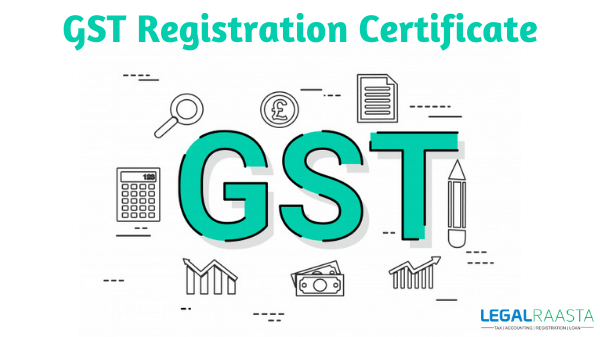Why Businesses Favor the very best GST Registration Services in Singapore
Why Businesses Favor the very best GST Registration Services in Singapore
Blog Article
From Beginning to Complete: The Ultimate Roadmap to GST Enrollment for Services Looking For Financial Stability
Navigating the intricacies of Goods and Solutions Tax Obligation (GST) registration is a crucial step for services pursuing monetary security. From understanding the essential concepts of GST to complying with post-registration guidelines, the procedure can seem discouraging in the beginning glance. Damaging down the roadmap right into manageable actions can simplify the enrollment trip for companies looking to improve their monetary standing. Let's explore the necessary parts that make up this best roadmap and find exactly how each phase adds to laying a strong structure for monetary success.
Comprehending GST Basics
Diving right into the essential concepts of Product and Services Tax (GST) is vital for acquiring a comprehensive understanding of its implications on organizations and the economic situation. Input Tax Credit History (ITC) is a significant attribute of GST, permitting businesses to claim credit report for taxes paid on inputs, reducing the general tax obligation burden. Comprehending the fundamentals of GST is essential for businesses to abide with tax obligation laws, manage their finances efficiently, and contribute to the nation's financial development by participating in a clear tax obligation system.
Qualification Standards for Enrollment
As of the present regulations, the threshold limitation for GST enrollment is an annual accumulation turn over of 40 lakhs for companies running within a state, except for unique category states where the restriction is 20 lakhs. Additionally, particular businesses are called for to register for GST regardless of their turnover, such as interstate distributors, laid-back taxed individuals, and businesses accountable to pay tax under the reverse cost mechanism. It is critical for services to thoroughly examine their turnover and transaction kinds to identify their GST registration commitments properly.
Records Needed for Enrollment
Having met the qualification requirements for GST registration, organizations need to now guarantee they have the requisite documents in location to proceed with the enrollment process effectively. The papers needed for GST registration generally consist of proof of organization constitution, such as partnership act, registration certificate, or incorporation certification for different types of businesses. In addition, businesses need to offer papers establishing the principal place of service, such as a rental agreement or power expense.
Step-by-Step Registration Refine
Starting the GST enrollment process involves a collection of structured steps to ensure a certified and seamless registration for services. The primary step is to go to the GST website and load out the enrollment kind with accurate details of business entity. Following this, the candidate receives a Short-term Recommendation Number (TRN) which is utilized to return to the application procedure if it's not finished in one go.
Following, all called for documents based on the checklist given by the GST portal requirement to be posted. These papers commonly include proof of business address, identity and registration evidence of marketers, financial statements, and company entity's frying pan card.

Post-Registration Compliance Guidelines

Verdict
Finally, companies looking for financial stability must understand the basics of GST, meet eligibility requirements, gather needed papers, comply with the step-by-step registration procedure, and adhere to post-registration standards - Best GST registration services in Singapore. By adhering to these actions, businesses can make certain compliance with tax policies and preserve economic security in the long run
In addition, particular businesses are required to sign up for GST irrespective of their turnover, such as interstate suppliers, informal taxable persons, and organizations responsible to pay tax under the reverse cost device.Having actually fulfilled the eligibility standards for GST enrollment, businesses must currently ensure they have the requisite records in place to continue with the registration procedure successfully. The records required for GST registration normally include evidence of organization constitution, such as collaboration deed, enrollment certification, or unification certificate for different kinds of businesses. Furthermore, organizations need to provide documents establishing the primary area of service, such as a rental agreement or electricity click to investigate bill.Starting the GST enrollment process involves a series of organized steps to ensure a seamless and certified enrollment for businesses.
Report this page